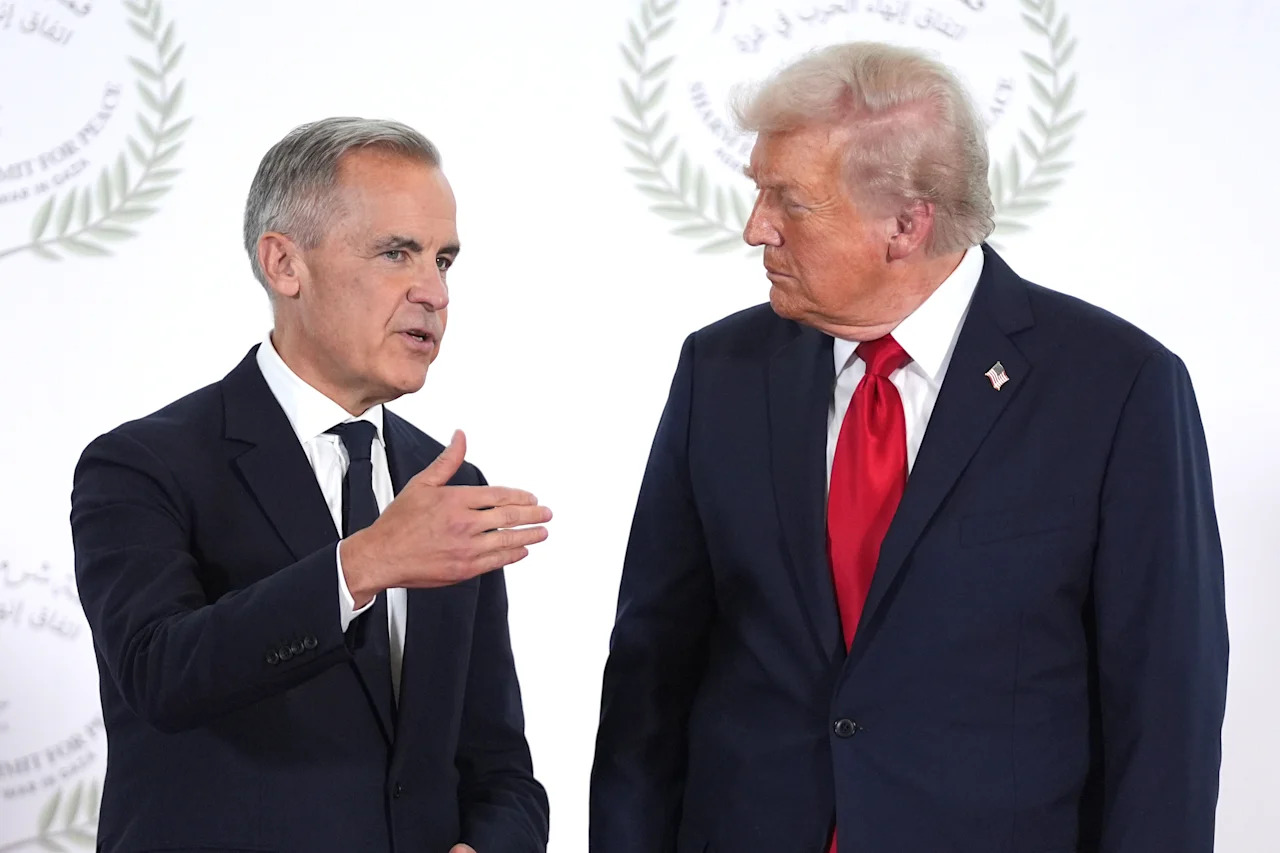
Trump tariffs live updates: Trump terminates trade talks with Canada; US sets date for meeting with China's Xi
Key Points
- Trump Terminates Trade Talks with Canada: President Trump has halted all trade negotiations with Canada in response to a Canadian advertisement criticizing his tariff plan, featuring the voice of former President Ronald Reagan advocating for free trade.**
- US-China Trade Tensions: Trump is set to meet Chinese leader Xi Jinping in South Korea to address escalating trade disputes, with potential US curbs on software exports and China's restrictions on rare earth minerals adding complexity to negotiations.**
- Broader Tariff Impacts: Trump's tariff policies are affecting multiple sectors and countries, including potential trade deals with India, eased tariffs on US auto industries, and new duties on various goods like kitchen cabinets and timber.**
- Economic Consequences: According to Goldman Sachs, Americans are likely to bear over half the cost of Trump's tariffs as companies raise prices, while a Supreme Court challenge to his tariff strategy looms.**
- Canadian Economic Strain: Canada, a major US trading partner, is significantly impacted by Trump's tariffs, especially in Ontario's steel and automotive sectors, with uranium and oil markets also reacting to the trade fallout.**
Summary
President Trump has abruptly terminated trade negotiations with Canada following a Canadian advertisement criticizing his tariff policies, which used excerpts from a 1987 speech by Ronald Reagan promoting free trade. Trump emphasized the importance of tariffs for US national security and economy, calling Canada's actions "egregious." Meanwhile, he is scheduled to meet Chinese leader Xi Jinping in South Korea to address escalating trade tensions, compounded by potential US software export curbs and China's rare earth mineral restrictions. Trump's broader tariff strategy impacts various sectors, with new duties on goods like timber and kitchen cabinets, potential trade deals with India, and eased tariffs for US automakers. However, Goldman Sachs warns that Americans will bear over half the cost of these tariffs through higher prices. A looming Supreme Court challenge could further disrupt Trump's tariff plans. Canada's economy, heavily reliant on US trade, is suffering, particularly in Ontario's steel and automotive industries, while uranium and oil markets also feel the strain. Additionally, Trump's focus on trade extends to drug pricing probes and securing critical minerals with Australia, targeting China. These developments highlight the complex and far-reaching consequences of Trump's aggressive trade policies on both domestic and international fronts.
yahoo
October 24, 2025
Stocks


